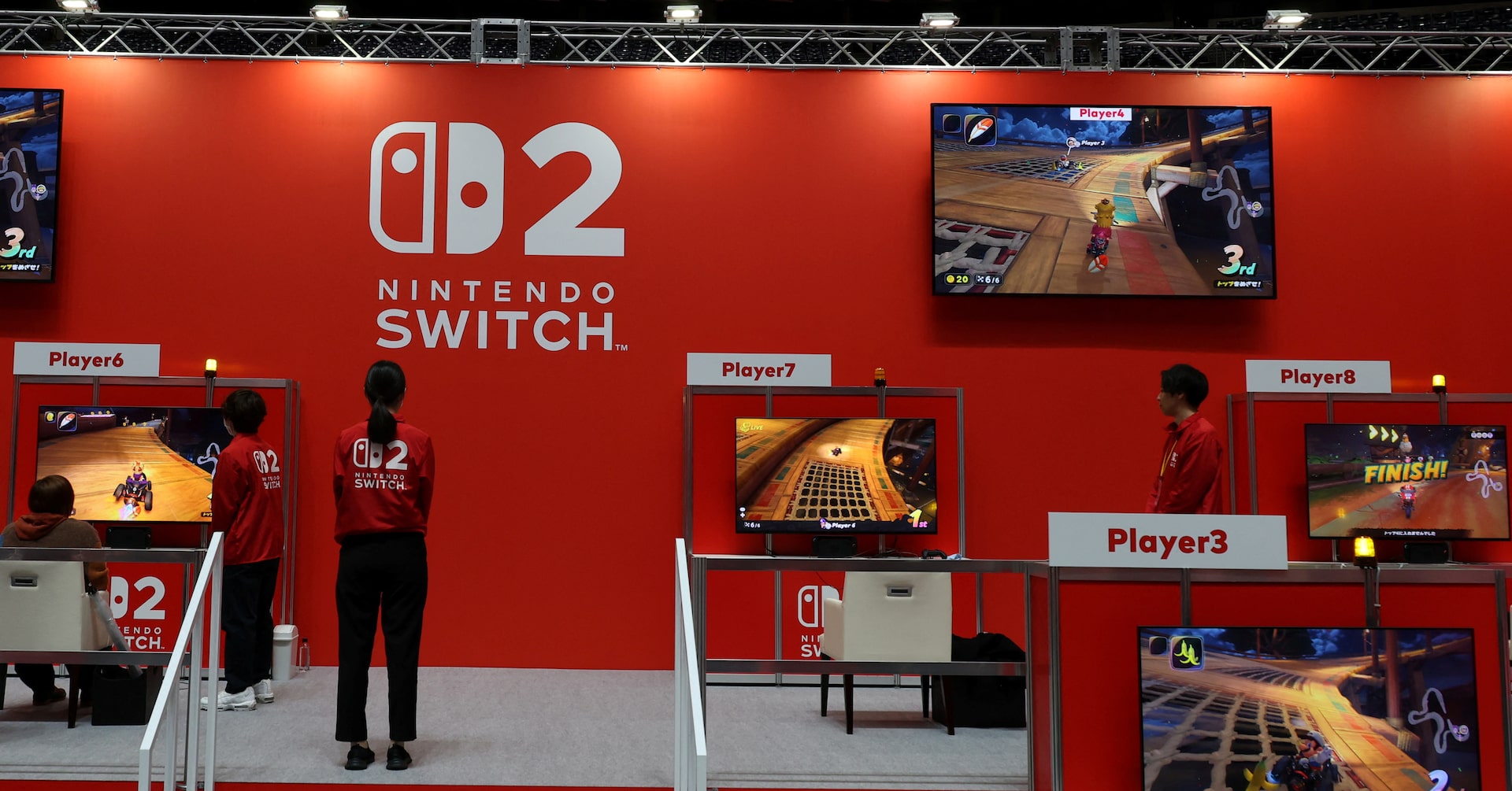Nintendo's Next-Gen Switch Hangs in Limbo: Tariff Tensions Stall Pre-Order Launch

Nintendo is taking a strategic pause on launching pre-orders for its highly anticipated Switch 2 gaming console in the United States. The gaming giant is carefully evaluating potential trade tariff implications that could impact the device's market entry and pricing strategy.
Industry insiders suggest that Nintendo is meticulously assessing the economic landscape to ensure a smooth and cost-effective rollout of its next-generation gaming system. By delaying pre-orders, the company demonstrates its commitment to providing consumers with the best possible value and minimizing potential financial complications.
While gamers and tech enthusiasts eagerly await more details, Nintendo remains tight-lipped about the specific timeline for the Switch 2's pre-order availability. The company's cautious approach reflects its reputation for strategic planning and consumer-focused decision-making in the competitive gaming market.
